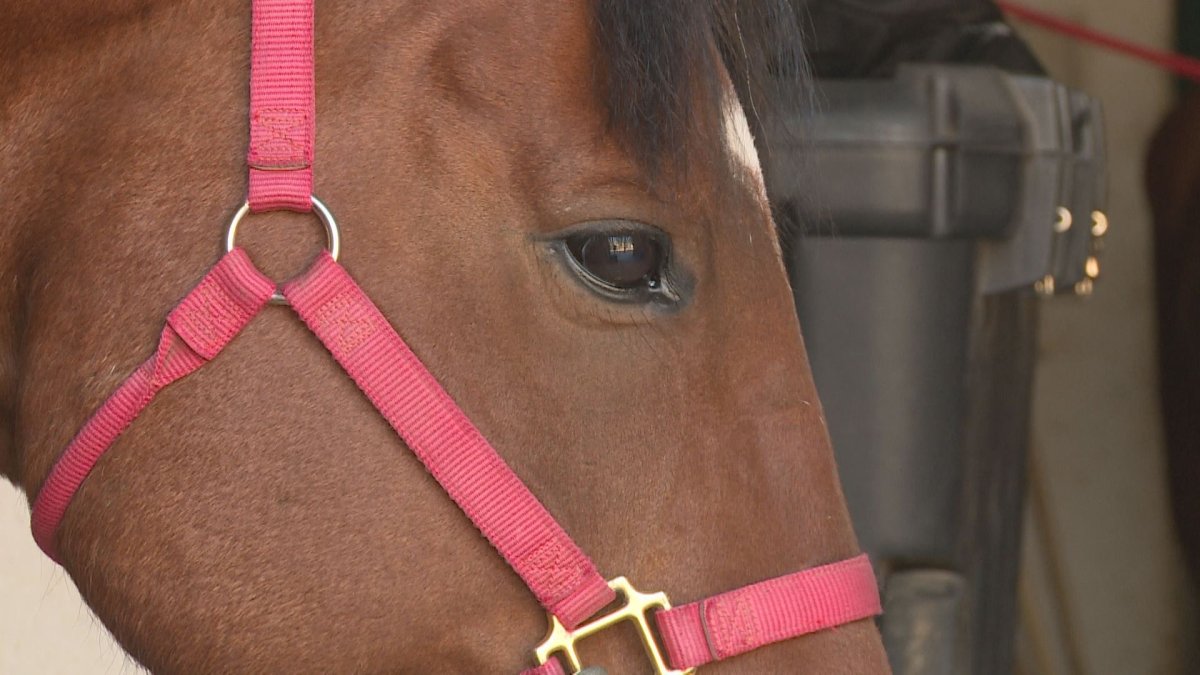Health officials say a horse in the Peterborough region has tested positive for the Eastern equine encephalitis (EEE) virus.

Peterborough Public Health says the horse tested positive last week. The disease is transmitted to horses through mosquito bites.
The health unit — which serves Peterborough, Peterborough County, Curve Lake First Nation and Hiawatha First Nation — says the incident is the first equine case within its jurisdiction and the sixth case in Ontario this year.
“Like West Nile Virus, EEE virus can also be transmitted to humans through mosquitoes carrying the virus,” the health unit stated. “It is important to note that humans cannot acquire the virus from horses or other humans, it is only the bite of an infected mosquito that can transmit the disease to humans.”

The health unit says while human infection of EEE virus is extremely rare, the symptoms can be severe and life-threatening.
“The best way to prevent an infection of EEE virus is to prevent mosquito bites,” the health unit stated.
West Nile virus incidents
Last month, the neighbouring Haliburton, Kawartha Pine Ridge District Health Unit reported that a six-year-old, unvaccinated horse with no travel history had died after testing positive for West Nile virus in the City of Kawartha Lakes.
Also in June, a crow found in Campbellford, southeast of Peterborough, tested positive for West Nile virus.
Both health units say tips to protect against mosquito bites include:
- Wear long-sleeved, light-coloured clothing, or special clothing such as clothing treated with permethrin.
- Use mesh screens and close routes of entry to prevent mosquitoes from entering your home.
- Stay indoors during dusk and dawn, when mosquitoes are most active.
- Use insect repellent containing DEET or icaridin.
- Remove sources of stagnant/standing water from your property to prevent mosquito breeding.





Comments